Person-Centered Measurement: Ensuring Prioritization of Individuals’ Values, Needs, and Preferences Within the Global Contraceptive Measurement Ecosystem
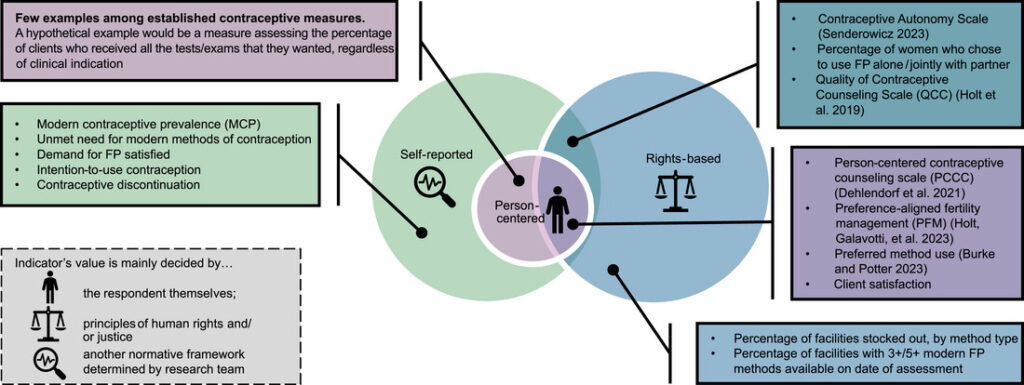
Claire W. Rothschild, Kelsey Holt, Funmilola M. OlaOlorun, Julius Njogu, Abednego Musau, Christine Dehlendorf First published: 23 June 2025 | https://doi.org/10.1111/sifp.70023 Claire W. Rothschild, Population Services International, Washington, DC 20036, USA. Email: [email protected]. Kelsey Holt, University of California, San Francisco, San Francisco, CA 94143, USA. Funmilola M. OlaOlorun, Department of Community Medicine, College of Medicine, University of Ibadan, Ibadan, Nigeria. […]
From Herbs to Maternal Healthcare: Zulfatu’s Journey

Married at 15, 17-year-old Zulfatu Yahaya from Jigawa State has had three miscarriages. This is because she believes in traditional healing, herbs and roots. “I didn’t believe in Western medicine or clinics.” She was in hospital at the time of writing this article; seven months pregnant, another pregnancy gone wrong. This particular one started at […]
I WANT TO BE A SENIOR PLUMBER
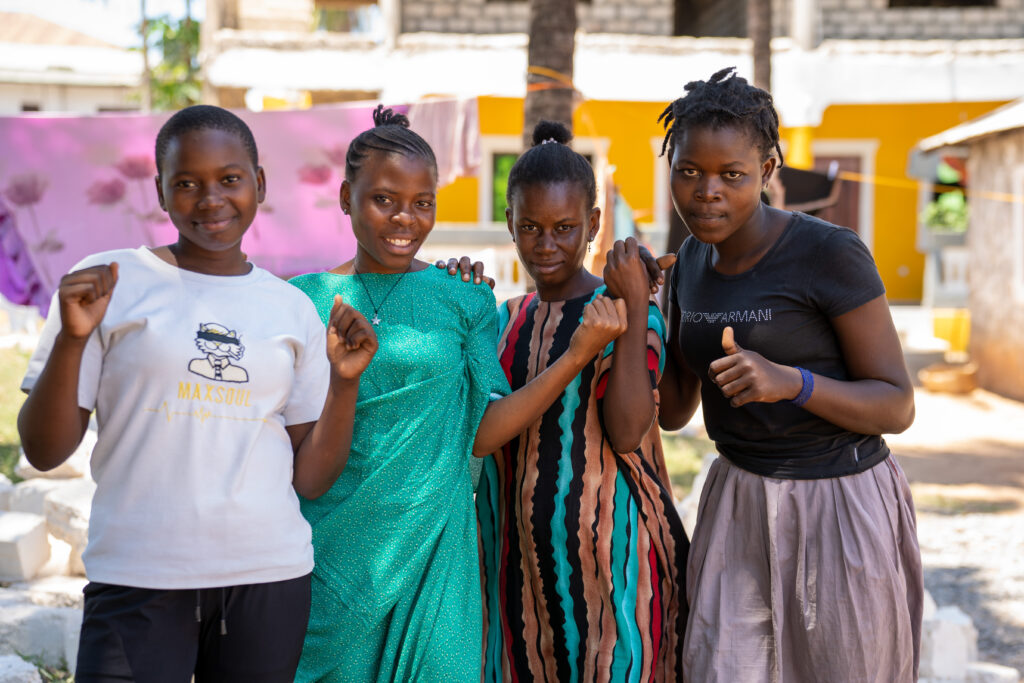
Whenever Sada* talks to young girls her age or younger, they are most fascinated by the fact that she wants to be a plumber. Because “girls don’t do such jobs,” they tell her. She is adamant and averse to the idea that people should be “chosen for jobs that they should or shouldn’t do.” She […]
MY LESSON IN PREGNANCY; ANTENATAL CLINICS ARE IMPORTANT!
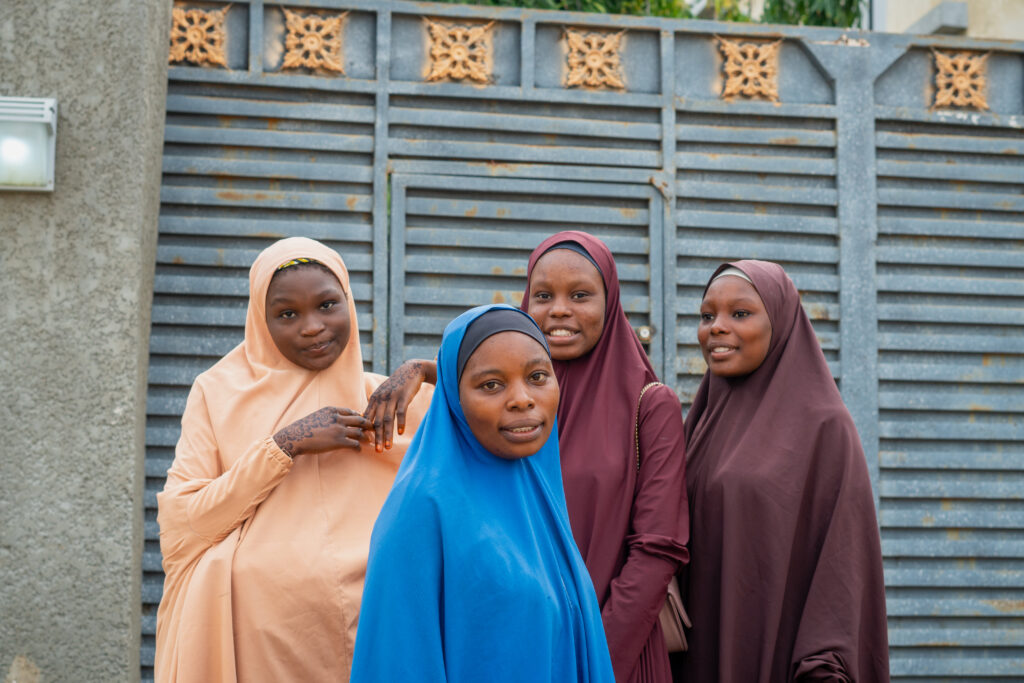
17-year-old Maimuna Salihu is pregnant. This isn’t an isolated occurrence in Andaza, Jigawa State, Northwest of Nigeria. What might be uncommon is how she is feeling. She’s often sick; she has difficulty breathing, dizziness, lethargy, and general malice. She sometimes vomits, loses her appetite, and spends her days either sleeping or thinking about sleep. “These […]
I LEARNED HOW TO DO BUSINESS
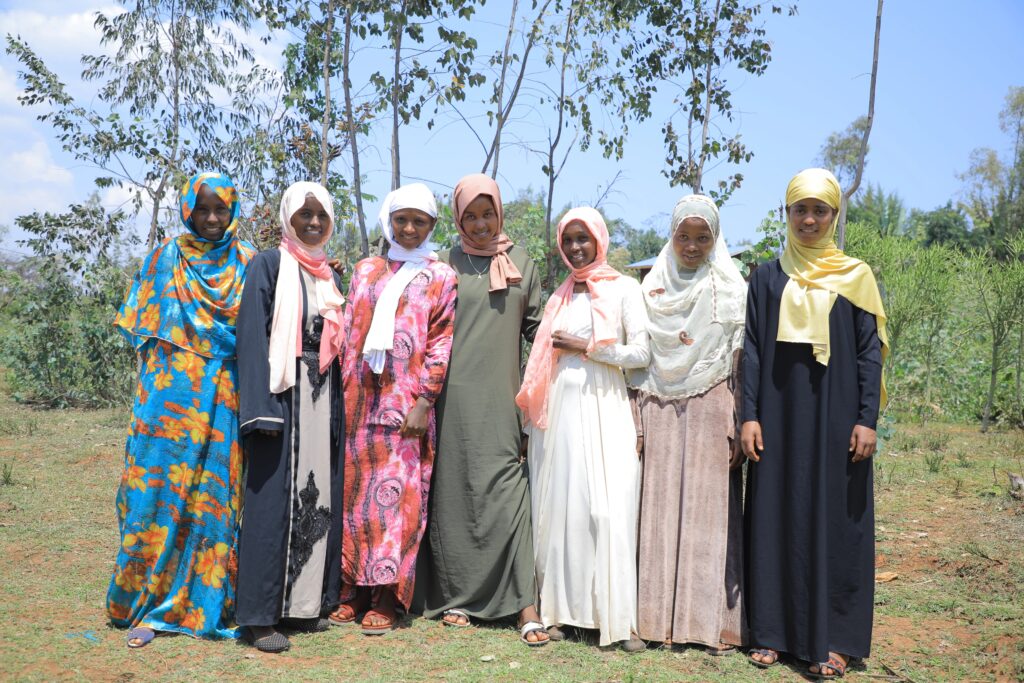
My name is Hana Markos, and I’m 19 years old. I’m a member of Kemisie’s VSLA at Teza Gereba Kebele in Kedida Gamela District, Central Ethiopia. Having dropped out in Grade 10 and immediately got married, I never finished school because I thought it would be easier to be a wife than a student. I […]
GENDER EQUALITY LEARNING FROM PRACTICE SERIES Part 2: The Gender STRATEGY
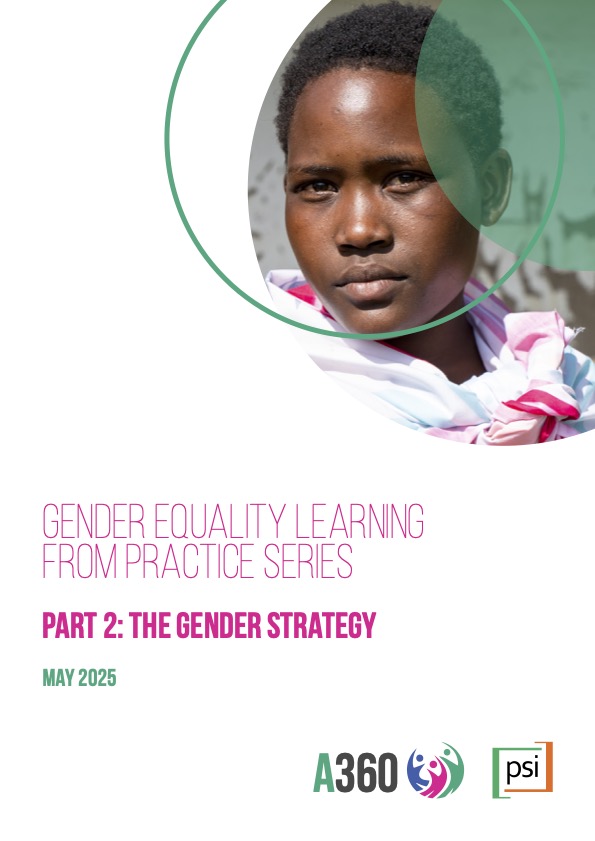
A360’s gender equality learning from practice series was launched as a way of sharing best practices and lessons learned from A360’s experience in integrating gender equality throughout its programming for adolescent girls. This learning series intends to improve gender equality outcomes by equipping practitioners with relevant tools, knowledge, and resources, anchored in what A360 has […]
HOW TO MEANINGFULLY ENGAGE YOUNG PEOPLE IN DECISION-MAKING AT COMMUNITY LEVEL

Young people play a vital role in shaping their communities, yet they are often excluded from key decision-making spaces. This guide explores how to meaningfully engage youth in local governance through the example of Ward Development Committees (WDCs) in northern Nigeria. Drawing from the experience of Adolescent 360 (A360), it provides a step-by-step approach to […]
Strengthening Adolescent Health as Counties Unite to Scale Up Reproductive Health Interventions
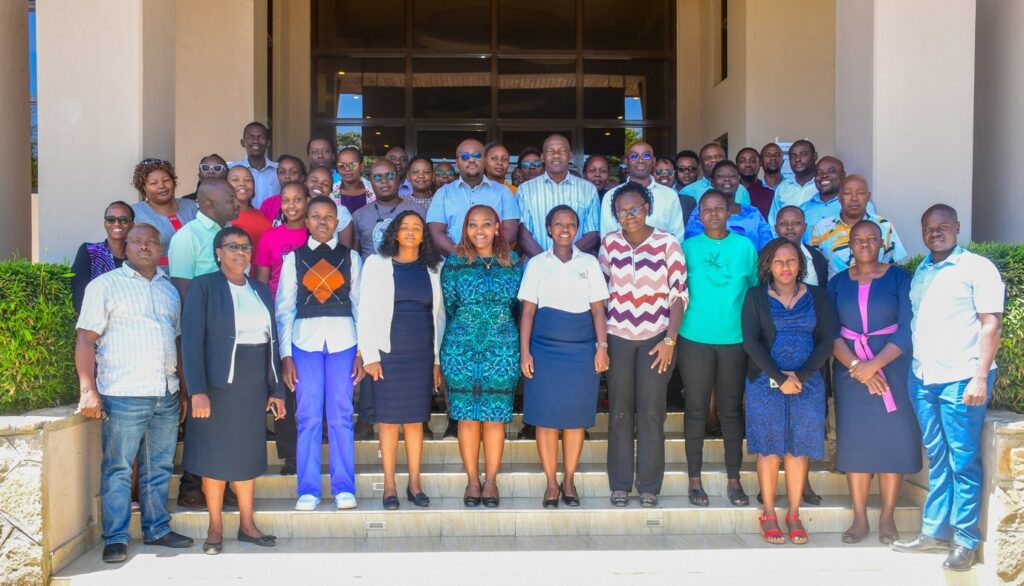
Narok County hosted a three-day cluster meeting from February 11th to 13th, 2025, bringing together health professionals, and county directors to discuss key strategies for improving Adolescent Sexual and Reproductive Health (ASRH) across several counties. The meeting focused on the the A360 program and its efforts to institutionalize adolescent health initiatives within government systems. The event […]
